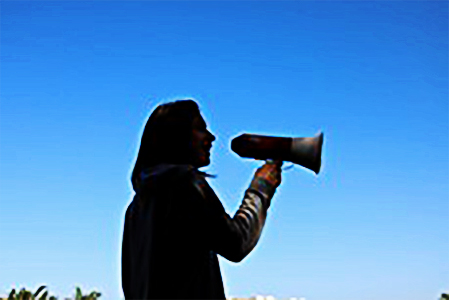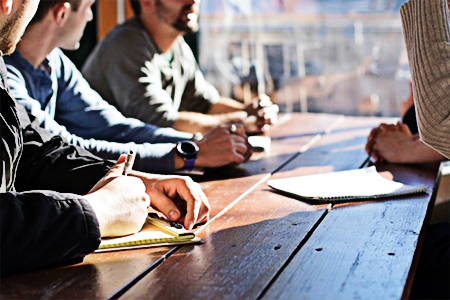3. Skills for disaster working
Complete short task 4 in workbook (10 minutes)
A central focus of this training is to highlight the skills and knowledge that social workers already have and use in their daily practice that are relevant to disaster working. This section gives an overview of some of the areas, but this list is not exhaustive and other skills will be drawn upon through the modules.
Social workers have expertise in mental health support

In many disasters the initial priority is supporting the material and mental health needs of those impacted. An immediate trauma-informed approach can significantly reduce the severity of long term mental health issues following a disaster. Swift crisis intervention has also been shown to counteract the profound emotional impact of disempowerment that emergency situations have on individuals and families. Crisis intervention theory, and other relevant theories, will be discussed more in Module 4.
Social workers have experience in outreach and advocacy

Outreach and advocacy skills have also been shown to be vitally important following a disaster. In many cases people impacted by disasters do not seek out support, and systems can be overstretched meaning this support is not always available or offered. Social workers reaching out to impacted communities and individuals can help to identify need in way that may otherwise be missed. There can also be stigma related to receiving mental health support, making reaching out to communities all the more important. Social workers are also involved in advocating for communities to co-produce recovery plans and set their own objectives, in particular when working with other professionals.
Social works have expert communication skills

Multi-agency communication is one of the most common areas of discussion in research related to social work in disasters, a point that will be discussed at length in Module 3. Social work communication skills are also important for engaging and supporting communities. As in the example of the Covid-19 pandemic, these can include virtual recovery services; however, it is also important to recognise that access to digital communication technologies is not universal, and communication technologies can be damaged in disasters.
Social workers have expertise in supporting people through loss

A major role of social workers in disaster response and recovery is reaching out to and building relationships with individuals and families experiencing loss. This can include material loss (loss of possessions) or bereavement (loss of friends/family). Person-centre skills such as empathy are also vital in building these relationships. Social workers at times play a role around supporting families through victim identification processes, which will be discussed more in Module 2.
Complete short task 5 in workbook (15 minutes)
Section links
- What is a disaster?
- The role of social workers in a disaster
- Skills for disaster working (current page)
- The communities we support
- Culturally appropriate support
- Follow up task
